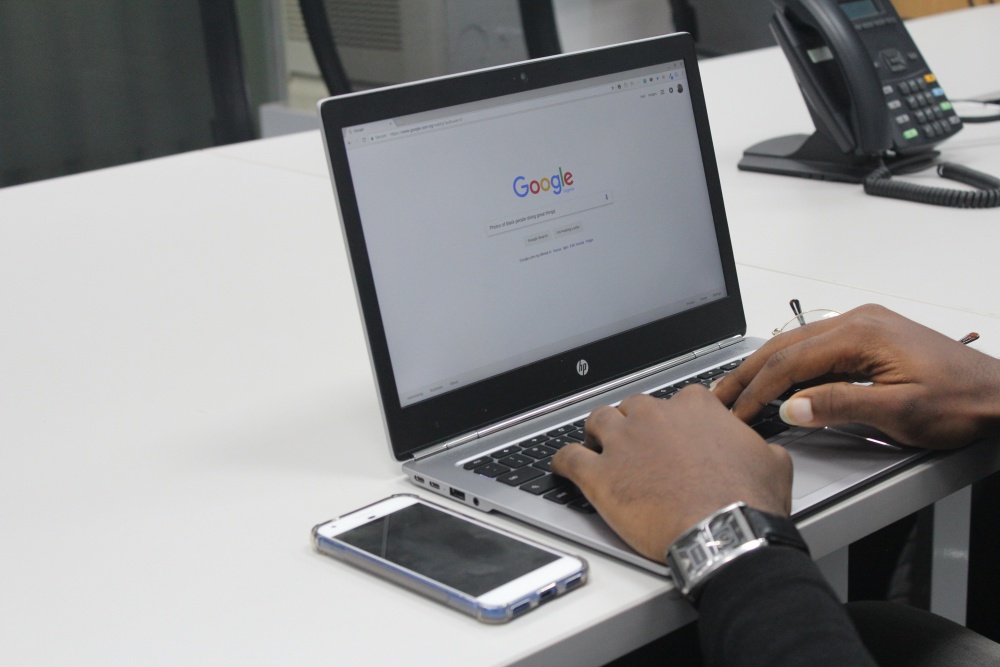How to get a Finnish IP address
The easiest way to improve your digital privacy is to switch your IP address using a VPN. We’ll …

I hope you’re sitting down because this might come as a shock: Google probably knows more about you than some of your closest family and friends.
If you use any Google product, including Gmail or an Android phone, the company is keeping tabs on you. As shocking as this may sound, perhaps you shouldn’t be so appalled; after all, you did grant Google permission to do this when you signed up to use its services. It is also plain as day when you read the company’s privacy policy.
Then again, how many of us actually do that?
Here are some of the things Google might know about you:
In a word—ads. Google makes an inordinate amount of money by offering companies ad space. Given Google gets around 3.5 billion searches per day, equating to roughly 40,000 search queries every second, it’s no surprise that it’s a top priority for the company to learn as much about you as possible. After all, the reason Google’s ad business does so well is that it can target specific types of people. Google can narrow it down to such an exact demographic, in fact, a company can buy the ad space knowing their ads are only being served to the precise people who are most likely to buy.
Here are a few simple steps you can take: First, make sure you’re logged into your Google account, and then open the link to manage your settings.
If you scroll down this page, you can not only see your age and gender, you can also see different ad topics and even a list of what ads you’ve blocked. There is also the setting for security and privacy options.
Google also has a page that shows your location history. Unless you’ve previously turned it off, it’ll typically know where you live, travel, and where you work. What’s more, it may also know everywhere you’ve been for the past several years. Don’t like the sound of that? You can turn this off at the bottom of the page by choosing “Pause Location History.”
Another thing that Google does is store voice commands. This is certainly the case if you have Google Home or use your smartphone to search Google via your voice. It also tracks your browsing activity as well as your YouTube activity. To see what Google’s been tracking, and to also turn it off, you can visit the Google Activity page. There you’ll find a wealth of information, including your YouTube history.
While you may have unwittingly allowed Google to track this information, you may now be feeling a little uncomfortable. So how can you adjust your settings to match your preferred privacy requirements? First, you should use the browser’s Privacy Checkup tool. You can also go to your Activity Controls page and turn off the options you wish to change.
It’s worth noting that it’s your IP address that acts as your digital DNA. While Google may know a lot about you, there are also snoopers, hackers, government agencies, and marketers that are after even more of your private data—and often for far more malicious reasons than to simply serve you relevant ads. So how can you hide your IP address and prevent people from tracking your every move? Simple. Download a trusted and secure VPN, such as Hotspot Shield, which will encrypt your online activities and allow you to browse the web securely and anonymously.
Remember, Google doesn’t hide the fact that it’s tracking you. And it makes a promise that all data collected is safe and protected, and not sold to any other companies. However, it’s not like there are flashing signs that tell you how your data is being used, so do your homework, follow these tips, and select the privacy settings you’re most comfortable with.
